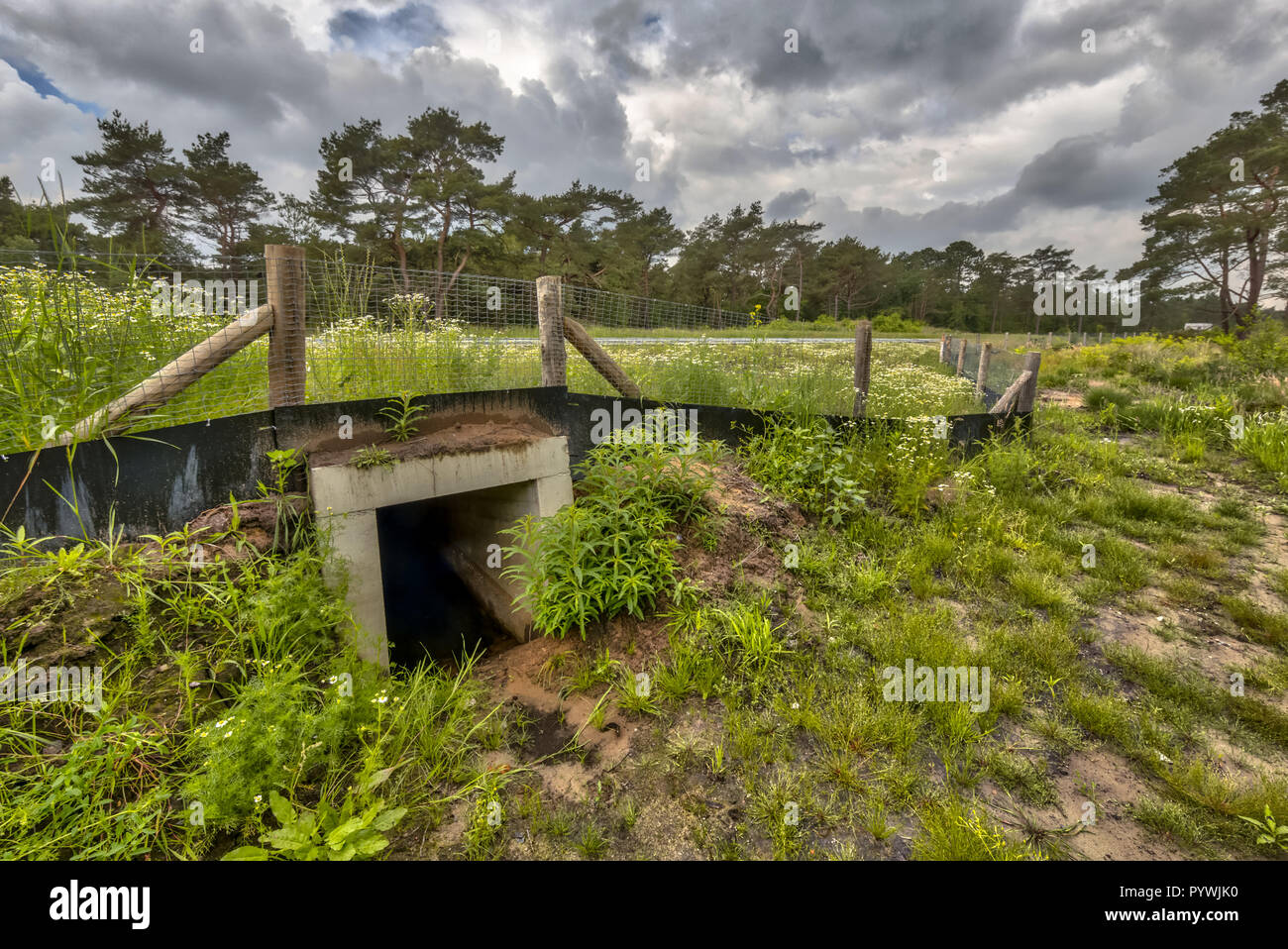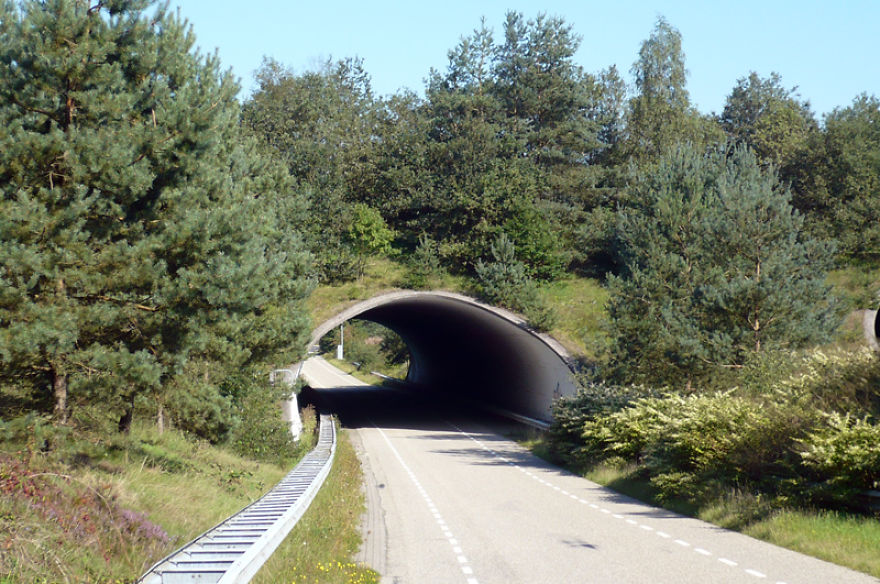Urban Wildlife Crossings: A Necessity in Utrecht
In the bustling city of Utrecht, wildlife crossings have become an essential part of urban planning. These structures, often in the form of bridges or tunnels, allow animals to safely traverse busy roads and railways. The city, known for its dense population and extensive infrastructure, has implemented these crossings to mitigate the impact of urbanization on local wildlife.
The Design and Functionality of Utrecht's Crossings

Utrecht's wildlife crossings are designed with both functionality and aesthetics in mind. The Natuurbrug Zanderij Crailoo, for example, is a prominent wildlife bridge that spans over 800 meters, connecting fragmented habitats. These crossings are equipped with vegetation that mimics the natural environment, encouraging animals like deer, badgers, and foxes to use them. The design also includes noise barriers to reduce the stress on animals as they cross.

Observed Benefits for Local Wildlife

Since the introduction of these crossings, there has been a noticeable increase in the movement of wildlife across previously inaccessible areas. Studies conducted by local ecologists have shown a rise in biodiversity, with species such as hedgehogs and amphibians benefiting significantly. The crossings have also reduced roadkill incidents, contributing to safer roads for both animals and humans.
Community and Environmental Impact
The implementation of wildlife crossings in Utrecht has not only benefited animals but also the local community. These structures have become educational tools, raising awareness about the importance of biodiversity and conservation. Additionally, they contribute to the city's green infrastructure, enhancing urban sustainability efforts. The crossings are often integrated into walking and cycling paths, promoting eco-friendly transportation options.
Future Prospects for Wildlife Crossings
Looking ahead, Utrecht plans to expand its network of wildlife crossings. The city aims to create a comprehensive ecological network that supports both urban development and wildlife conservation. This initiative is part of a broader strategy to make Utrecht a model for sustainable urban living, balancing the needs of its human and animal residents.










